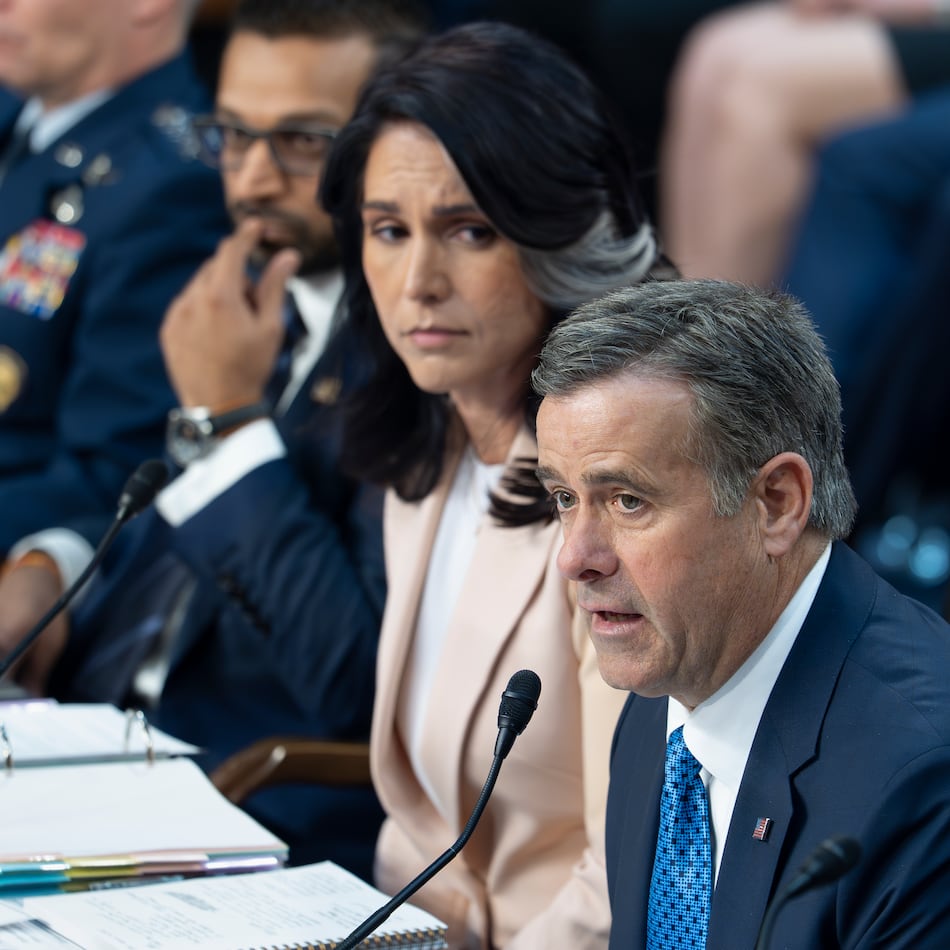Two Republican lawmakers are again pushing legislation that would expand legal gambling in Georgia.
Alpharetta Republican state Sen. Brandon Beach on Wednesday filed Senate Bill 30, which would establish a Georgia Horse Racing Commission that would be tasked with licensing up to three racetracks in the state.
And on Tuesday, House Tourism and Economic Development Chairman Ron Stephens, R-Savannah, filed House Resolution 30, which would put a question on an upcoming ballot asking Georgia voters whether they support allowing casinos in the state.
The bills round out the three pieces of legislation gambling supporters are proposing this year that would expand the activity past the Georgia Lottery, which was approved in 1992. Stephens already filed House Bill 86, which would legalize online sports betting in Georgia.
“We’re back at trying to backfill the HOPE scholarship and pre-k, and the destination resorts, along with the tourism piece, is the way to do it,” Stephens said.
Supporters say an expansion of the gambling industry could bring thousands of jobs and pump hundreds of millions of dollars into the Georgia Lottery-funded HOPE scholarship. Conservative groups and religious organizations oppose expanding any form of gambling because they find it immoral and an addictive habit that breeds crime.
For years, Stephens and other gambling supporters have pushed the Legislature to expand the industry to allow casinos or horse racing. And a 2019 U.S. Supreme Court ruling opened an opportunity for states to legalize sports betting. So far, more than a dozen states have.
Adding casino gambling or horse racing would require Georgians to approve a constitutional amendment allowing the expansion. Stephens and other sports betting supporters said the resolution is not needed to allow sports betting.
That difference is important. A bill only requires that more than half of each chamber support a measure to make it to the governor’s desk. Constitutional amendments need two-thirds of each chamber to clear the General Assembly — a tall ask from the Legislature — and then a majority vote in an election.
About the Author
Keep Reading
The Latest
Featured


